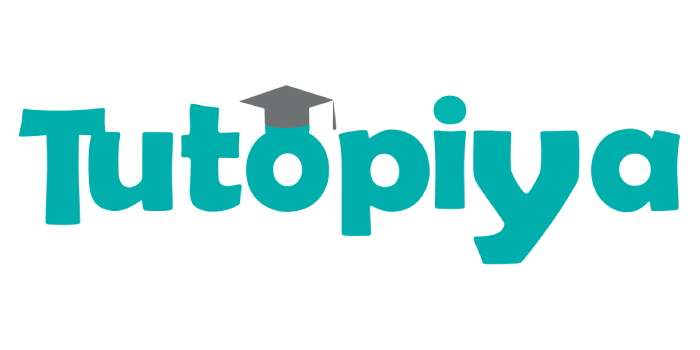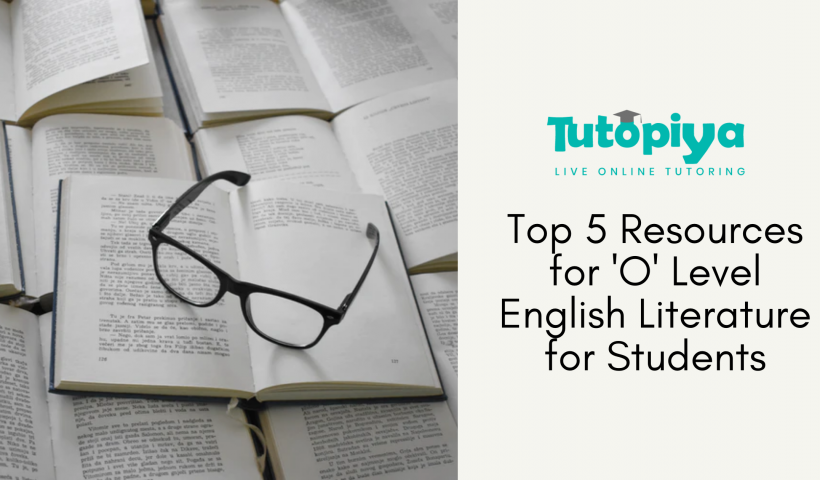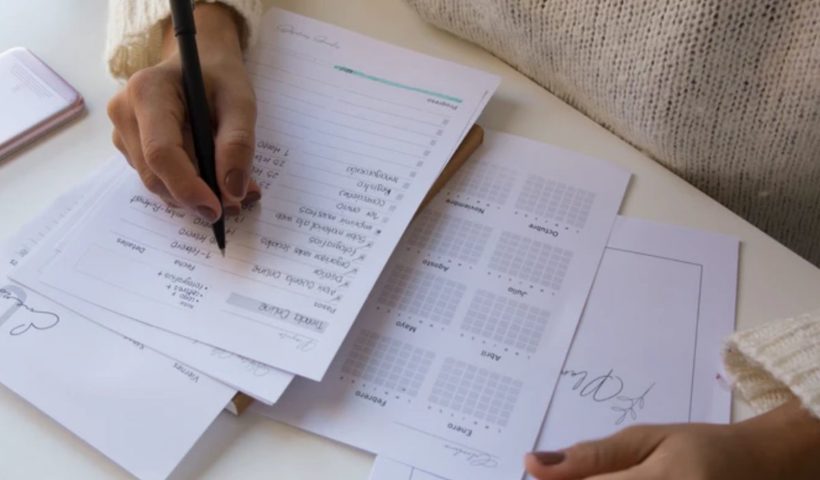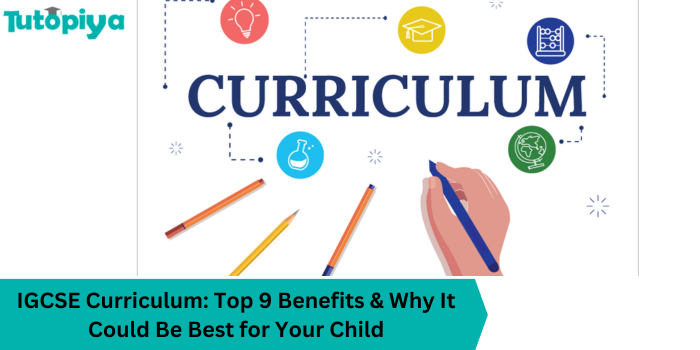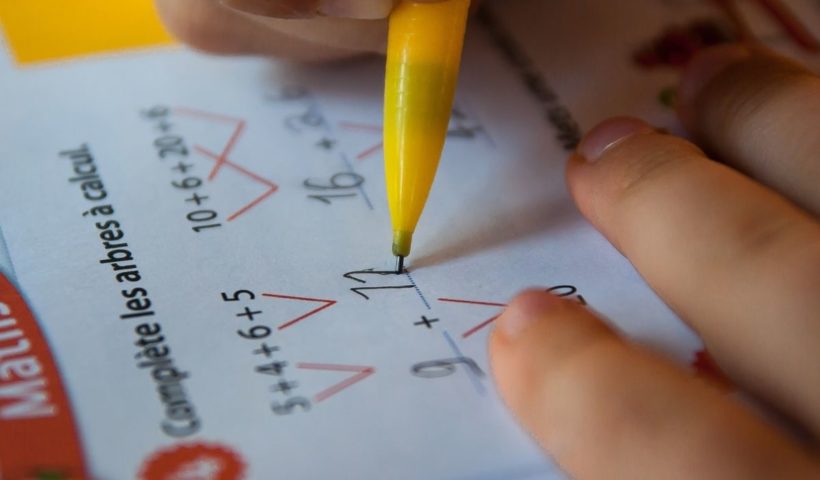Read more to find the top websites, free notes and comprehensive revision guides for GCSE and IGCSE O Level English Literature by Tutopiya Online Tutoring
View More Top 5 Resources for ‘O’ Level English Literature for StudentsCategory: Blog
How to Cram for Finals Effectively: 7 Tips for Students
Are your finals coming soon and do you have 2 weeks left to complete all your revisions? Though you should have started early but let’s…
View More How to Cram for Finals Effectively: 7 Tips for StudentsIGCSE Curriculum: Top 9 Benefits & Why It Could Be Best for Your Child
IGCSE Benefits: Why It Could Be the Best Curriculum for Your Child (Singapore & International) Whether you are considering taking the IGCSE curriculum in…
View More IGCSE Curriculum: Top 9 Benefits & Why It Could Be Best for Your Child7 Keys Tips To Studying Effectively For Maths
As students, we are taught to learn the concepts of math, but never how to actually study and perform well for Math exams. Hence, Tutopiya…
View More 7 Keys Tips To Studying Effectively For Maths9 Reasons Why the IB Diploma is Ideal Preparation for University?
The IB Diploma program is widely recognized by many universities in the world. The International Diploma Programme is for students aged 16 to 19. The…
View More 9 Reasons Why the IB Diploma is Ideal Preparation for University?IGCSE/A Level Study Tips to Score an A* 2021
With the national examinations approaching really soon, it is essential that you know how to study smart instead of study hard. Hence, Tutopiya has put…
View More IGCSE/A Level Study Tips to Score an A* 2021